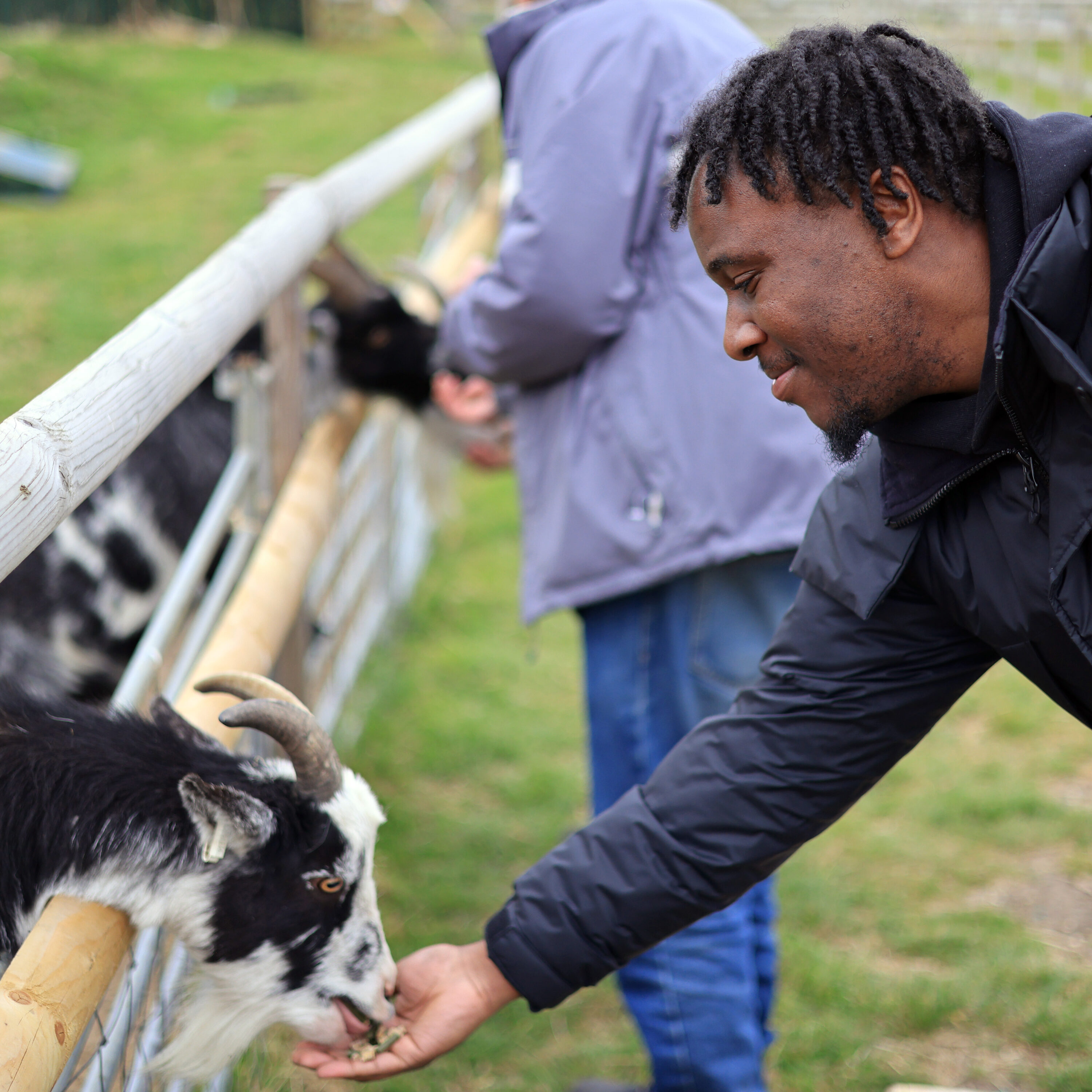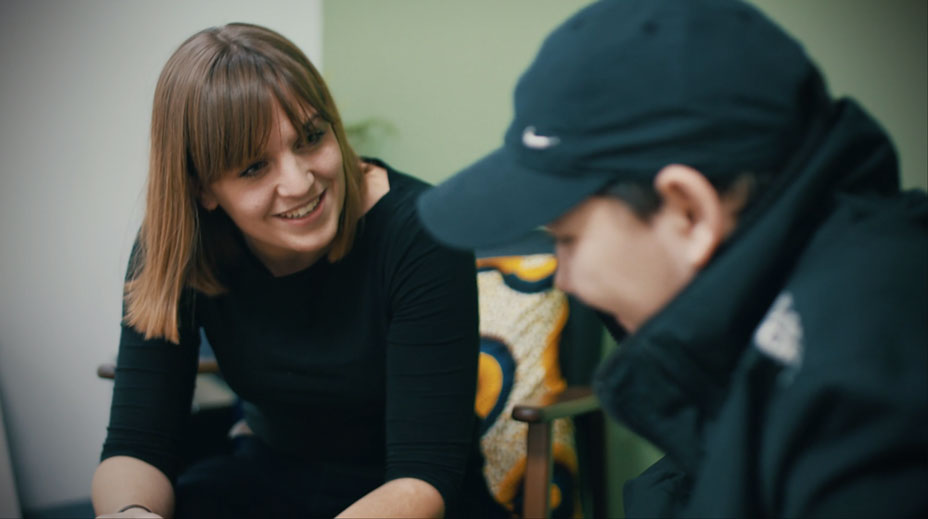17.09.2022 | Case Study
In practice: Community health and diabetes prevention in North-East Lincolnshire and Devon

Asset-based community health thrived in Grimsby once people were handed the keys to the social pharmacy
In North East Lincolnshire, people have benefited hugely from local health commissioners and delivery partners having both the flexibility and the bravery to rethink their social prescribing service, after realising that their original model was not quite right. Ultimately, the key to success was putting the people on the programme in the driving seat – and being able to adjust the service accordingly.
The programme, Thrive North East Lincolnshire, was set up by local Clinical Commissioning Groups (CCGs), the council, public health teams, and local GPs to provide non-medical support for adults with long term health conditions.
It initially involved GPs referring some of their patients to Link Workers, who worked with each individual to create an action plan, and then offered up a pre-determined set of social activities such as gym memberships, nutritional support and a gardening course. Local charity Centre4 managed the link workers, and local organisations provided the activities.
Rethinking service provision
However, the link workers soon realised that people wanted more than what was on offer. When they fed this back to Thrive, a decision was made to reconsider what was provided. So the partnership worked with the people using the service to rethink and redesign it – from the activities on offer, to the charities contracted to deliver them (in many cases this led to the creation of new activities and new organisations).
These new arrangements were agreed and implemented rapidly. Now the service has a range of new community groups, often created from scratch and led by the people experiencing the services. These include, for example, a knitting group, a fishing group, a diabetes healthy eating group and a baking club. Such activities can make a huge difference to the well-being and outlook of these individuals, some of whom might otherwise rarely leave their homes.
“Flexibility and personalisation… may require going back to the drawing board and rethinking services afresh, based on what has been learned once the delivery is up and running”
Helping patients help themselves
“It’s easy to talk about lifestyle changes for long-term conditions such as COPD and diabetes, but many people require a lot of support to make them happen,” explains Lisa Hilder, Assistant Director for Strategic Planning at North East Lincolnshire CCG. “That can include making people experiencing a service into not only the co-designers of what is provided, but sometimes also the implementers of provision. Thrive realised that the social prescriptions can work even better when people are involved in actually delivering the prescription via groups that they help to manage themselves. Our partnership has had to be adaptable, ready to change not only the content, but also the structure, of what was originally envisaged.”
Hilder adds: “Thrive highlights how flexibility and personalisation must go beyond just being ready to budget differently after a contract has been negotiated. It may require going back to the drawing board and rethinking services afresh, based on what has been learned once the delivery is up and running.”
This shift did not have significant overall resource implications for the partnership in North East Lincolnshire. But it made a big difference to outcomes.
“Among people experiencing these flexible, improved services, we’ve seen dramatic improvements in wellbeing,” says Hilder. “They have had to make fewer visits to their GP, and reduced numbers have been admitted to hospital. These groups have also carried on beyond the life of the programme, creating sustainable communities.”
The statistics are impressive. For people completing the programme, there has been a 61 per cent reduction in the cost of secondary care, and an 11 per cent drop in the use of primary care.
“Among people experiencing these flexible, improved services, we’ve seen dramatic improvements in wellbeing. They have had to make fewer visits to their GP and reduced numbers have been admitted to hospital.”
Tackling diabetes in Devon
Another good example of this is Healthier Devon, a programme which helps people make their own changes that reduce the chances of developing Type 2 diabetes (and its associated health complications). Personalised support encourages people to alter their behaviours and lifestyles sustainably; while the organisation’s support network helps individuals to adjust their diet, weight, physical activity and stress management – all of which also eases pressure on GP practices. Again, a critical element of the programme’s success has been the flexibility around which services are provided and when – led by feedback from those using the service.


